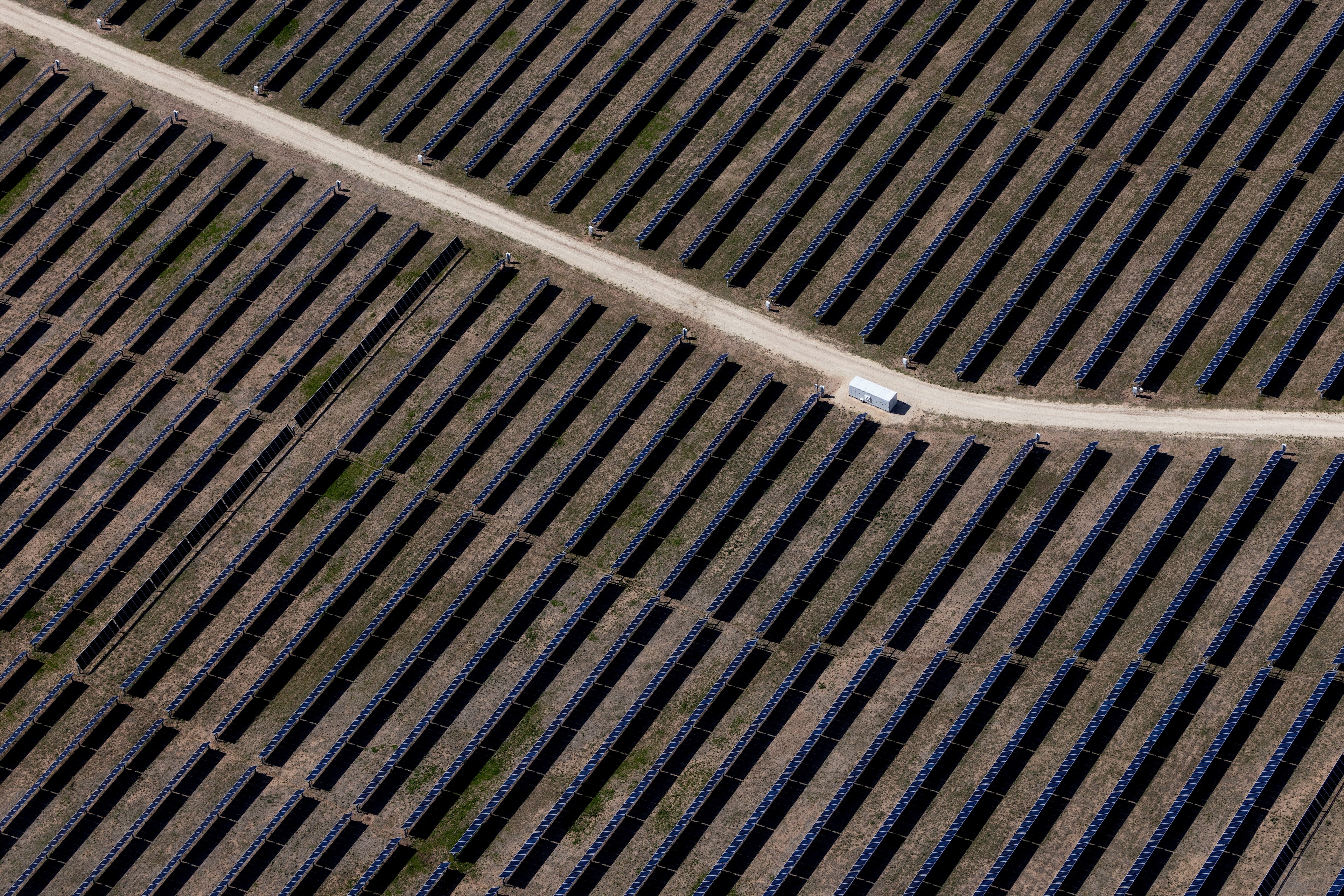These satellite images show the Caspian Sea's shrinking coast line

Baku, the capital of Azerbaijan, sits on the Caspian Sea.
Image: REUTERS/Amr Abdallah Dalsh
Stay up to date:
Fresh Water
Listen to the article
- New satellite imagery shows the Caspian Sea's declining water levels.
- It's part of a long-term trend that could see significant drops by the end of the century.
- A study calls for greater awareness, more research and a global task force to tackle the environmental and human consequences.
The Caspian Sea is the world's largest inland water body when measured by surface area. But, new satellite imagery shows that it's shrinking - and quickly.
The images compare 20 September 2006 with 19 September 2022 and show two very different lakes.


What's happened to the Caspian Sea?
The 2022 image shows light grey areas and patches of white along the sea's shore and to the southeast where the Sor Kaydak inlet once sat. These patches are likely salt and mineral deposits left after evaporation, explains NASA Earth Observatory. Patches that you can't see in 2006.
Indeed, by 2022 the entire serpentine area you see in the bottom right of the picture has disappeared.
Research suggests that the level of the lake has been dropping for some time, as the chart below shows. These dropping levels are bad news for planet and people. For example, the Caspian Sea is the world's largest spawning ground for sturgeon and is home to the Caspian Seal - the only marine mammal that lives there.
It's also economically vital to the people who live on its shoreline - for example for fishing - and its water is also used for agriculture.
What does the future hold?
Climate change is only set to make the situation worse, according to research. A 2020 study called for greater attention to falling water levels in inland seas and reservoirs, like the Caspian.
The study warned that water levels in the Caspian Sea could fall by 9-18 metres by the end of the century.
It paints a bleak picture of the impact of such declines on the ecosystem and people.
"As the livelihoods and food security of millions of people depend on the Caspian Sea, a loss of these ecosystem services will have drastic socioeconomic consequences and may trigger local and regional conflicts—in an ethnically diverse region that is already rife with tensions," the authors write.
In an effort to tackle these possibly devastating impacts, the study calls for a global awareness campaign, assessments of risk and vulnerability, and a global taskforce to develop adaption and mitigation strategies.
Accept our marketing cookies to access this content.
These cookies are currently disabled in your browser.
Heatwaves and drought
Heatwaves and drought caught the headlines this northern hemisphere summer as numerous parts of the world, from China to Europe and the United States suffered. Research says that climate change is making extreme weather events, like heatwaves, more likely.
But, as the Caspian Sea shows, the impact of our changing climate will also play out over decades. The World Economic Forum's Global Risks report shows environmental risks as front of mind for people around the world.
Climate action failure, extreme weather, and biodiversity loss are expected to be the biggest global risks by severity over the next 10 years, according to the latest 2022 edition of the report.
What is the Forum doing to address the global water challenge?
Accept our marketing cookies to access this content.
These cookies are currently disabled in your browser.
Don't miss any update on this topic
Create a free account and access your personalized content collection with our latest publications and analyses.
License and Republishing
World Economic Forum articles may be republished in accordance with the Creative Commons Attribution-NonCommercial-NoDerivatives 4.0 International Public License, and in accordance with our Terms of Use.
The views expressed in this article are those of the author alone and not the World Economic Forum.
Forum Stories newsletter
Bringing you weekly curated insights and analysis on the global issues that matter.
More on Nature and BiodiversitySee all
Elena Raevskikh and Giovanna Di Mauro
July 23, 2025
Arunabha Ghosh and Jane Nelson
July 22, 2025
Sebastian Buckup and Beth Bovis
July 10, 2025







